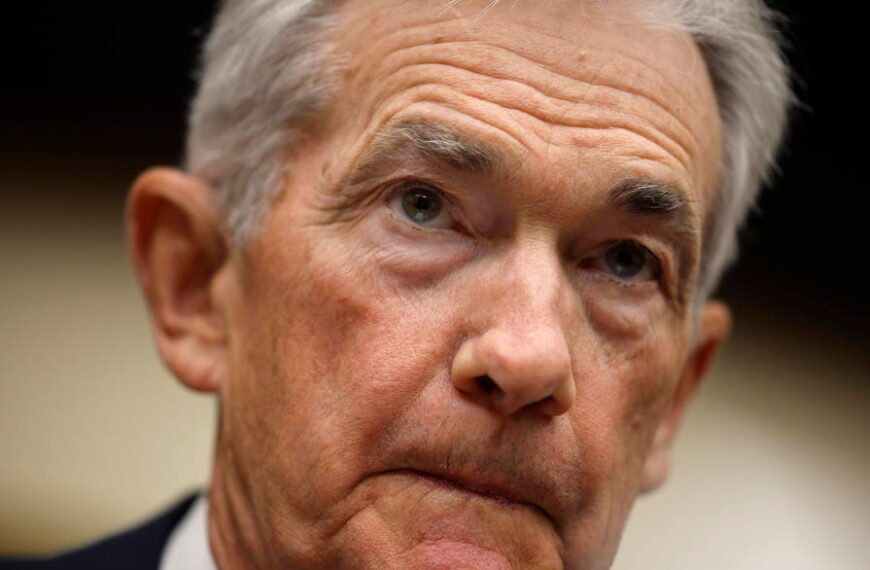Elon Musk’s Legal Clash with OpenAI: A New Chapter Unfolds
Elon Musk, the billionaire entrepreneur known for his ventures with Tesla and SpaceX, has found himself embroiled in a significant legal battle with OpenAI, the organization he co-founded but later distanced himself from. The ongoing conflict reached a pivotal moment on Tuesday when a judge denied Musk’s request to block OpenAI’s transition to a nonprofit structure. This decision has far-reaching implications for the future of artificial intelligence and Musk’s interests in the tech landscape.
The Context of the Legal Battle
To understand the gravity of this situation, it’s essential to delve into the background of both Musk’s relationship with OpenAI and the broader implications of artificial intelligence.
OpenAI, established in 2015, was designed with the mission to ensure that artificial intelligence benefits all of humanity. Musk, a major proponent of responsible AI development, initially supported the organization both financially and ideologically. However, as OpenAI began to grow and pivot towards profit-driven ventures, Musk became increasingly concerned about the potential misuse of AI technology.
In recent months, Musk has raised alarms regarding the ethical implications of AI, particularly the risks associated with powerful AI models like ChatGPT. His concerns led to his legal action against OpenAI, which he believes has strayed from its original mission.
Details of the Court Ruling
In a recent court hearing, the judge addressed Musk’s request to halt OpenAI’s transition to a nonprofit model. The ruling came as a surprise to many legal analysts, as Musk’s legal team had anticipated more favorable outcomes based on previous arguments.
The judge’s decision was influenced by several factors, including:
Musk’s legal team expressed disappointment over the ruling but indicated that they would continue to pursue avenues to challenge OpenAI’s decisions. This legal battle is not just about Musk’s interests; it embodies broader concerns about the direction of AI development and governance.
The Implications for the AI Landscape
The outcome of this legal battle could reshape the future of artificial intelligence. Here are some potential implications to consider:
1. The Future of Nonprofit AI Organizations
OpenAI’s transition to a nonprofit model raises questions about the sustainability of nonprofit organizations in the tech industry. As AI technologies become increasingly lucrative, can nonprofits maintain their integrity in the face of financial challenges? This legal battle could set a precedent for how AI organizations are structured and funded.
2. Ethical Oversight in AI Development
Musk has consistently advocated for stringent ethical guidelines in AI development. The court’s decision may emphasize the need for clear regulations and oversight in the AI sector. If OpenAI is allowed to transition smoothly, it may signal a shift towards more flexible governance structures that prioritize innovation over caution.
3. Impact on Investor Confidence
Investors are closely watching this legal tussle. If Musk’s concerns are validated, it could lead to a reevaluation of investments in AI companies. On the flip side, if OpenAI’s nonprofit status solidifies, it may attract new funding from socially conscious investors looking to support ethical AI initiatives.
Elon Musk’s Vision for AI
Musk’s perspective on artificial intelligence is multifaceted. He has been vocal about the risks associated with unchecked AI development, urging for preemptive measures to ensure that AI systems remain aligned with human values. His involvement in this legal battle underscores his commitment to a future where AI serves humanity rather than endangers it.
However, Musk’s approach has also faced criticism. Some argue that his alarmist views could stifle innovation and progress in the AI field. Balancing safety and innovation is a delicate task, and this legal battle may provoke a necessary dialogue about finding common ground.
Conclusion: A Turning Point for AI Governance
As the legal battle between Elon Musk and OpenAI unfolds, it is clear that the stakes are high. The judge’s decision to deny Musk’s bid to block OpenAI’s nonprofit transition marks a significant moment in the ongoing discourse about AI ethics and governance.
The implications of this ruling could influence the future trajectory of AI development, shaping how organizations approach funding, ethical considerations, and the balance between profit and purpose.
In a landscape where technology evolves rapidly, the outcomes of such legal disputes will play a crucial role in defining the relationship between innovators, investors, and the public. The world is watching closely as these two titans of technology navigate the complexities of artificial intelligence and governance.
As we look ahead, it remains to be seen how this legal battle will ultimately impact the direction of AI, but one thing is certain: the conversation around ethical AI development is far from over.





